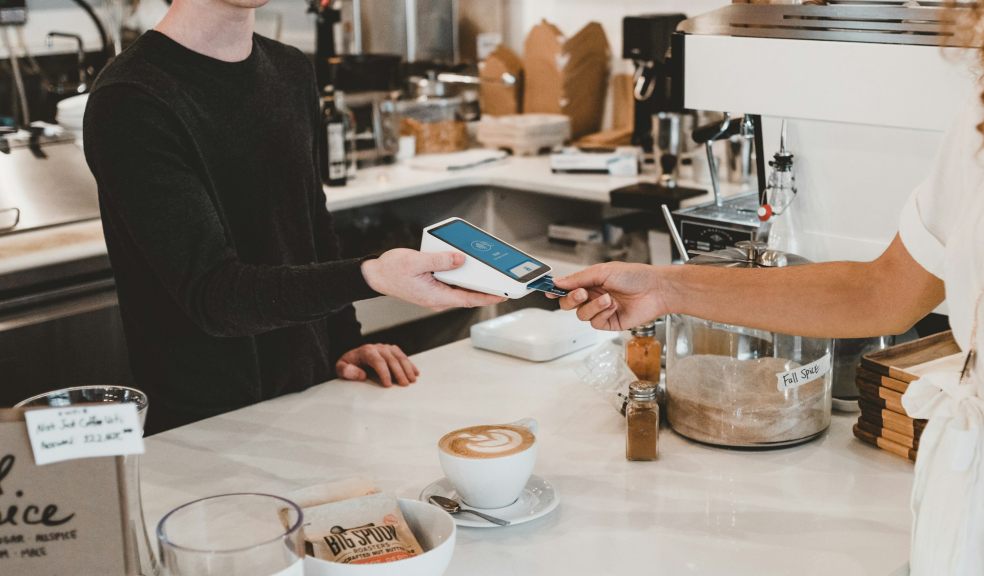
Are Credit Cards Still a Convenient Way to Pay Online in the UK?
Credit cards have long anchored online payments in the UK. They are easy to use, widely accepted, and come with safeguards for consumers. The trend continues in 2025. UK Finance shows that in June there were over 406 million transactions worth £22.3 billion, more than 10% higher than a year earlier. Cards still matter, yet their place is changing as rules tighten, costs increase, and digital wallets and bank-to-bank options grow.
Current Usage and Sector Variation
For everyday spending, credit cards remain easy to use. They are widely used across retail, subscription services, and travel, which helps businesses complete sales and manage cash flow.
But there are exceptions. Credit cards have been banned at UK-licensed gambling sites since 2020. Yet some players still want this convenience and turn to UK sites with credit card payments, which are regulated offshore. For instance, users of VPN services or international streaming platforms often face similar situations, where credit card payments remain the most straightforward option for accessing services with geographic restrictions. These sites let users stick with what they know, allow instant deposits, and are recognised by most banks. This makes them convenient for those who do not want to set up extra wallets or apps, and shows how restrictions can drive people to find workarounds.
Everyday Convenience in 2025
Credit cards still play a major role in everyday spending. They account for about a quarter of card payments, compared with nearly half for debit cards and around a fifth for PayPal. Figures vary, but the trend is clear: people continue to rely on credit cards.
One reason is protection. Under Section 75 of the Consumer Credit Act, providers can be jointly liable with merchants if a purchase between £100 and £30,000 goes wrong. The rules have limits, but they give buyers peace of mind that few alternatives match.
Security and Convenience Advances
Credit cards continue to adapt to how people pay. Nearly two-thirds of their transactions are contactless, and mobile wallets such as Apple Pay and Google Pay are now common. According to FCA/PSR figures, wallet use reached 29% of card payments in 2023, pointing to a steady rise in popularity.
Fraud linked to contactless spending remains low. In many situations, banks reimburse unauthorised transactions under consumer protection rules. The result is a blend of convenience and security that keeps credit cards appealing, particularly when paired with wallets. There are also proposals to review the £100 contactless cap. The FCA is considering giving banks more flexibility, though no final outcome has been set. Any change would aim to make larger purchases quicker without weakening fraud protections.
Costs and Business Considerations
Credit cards remain valuable for businesses, encouraging sales by giving customers a trusted way to pay. The drawback is cost. Processing fees are higher than other methods, and chargebacks from disputes add further strain.
For consumers, interest is the main expense. UK Finance shows outstanding balances rose 6.6% so far this year, and nearly half are now incurring interest. FICO puts the average balance at around £1,895, an increase of just over 5% year on year. This makes credit cards convenient for short-term use but costly if balances linger.
Alternatives on the Rise
Digital wallets like PayPal, Apple Pay, and Google Pay are now part of daily life, especially on mobile. BNPL (Buy Now Pay Later) offers short-term flexibility, while open banking payments are growing but remain small in scale. One report estimates about 27 million open banking payments in March 2025, compared with nearly 1.9 billion card payments that month.
Cards, then, remain central. BNPL still accounts for a small share, and wallet payments usually draw on an underlying card. Most people now mix methods: a debit card for groceries, a wallet for app purchases, and a credit card for larger or higher-risk spending.
Conclusion
Credit cards are still convenient, widely used, and backed by strong consumer safeguards. They work especially well for higher-value purchases that demand extra security. But regulation limits their use in some sectors, and new payment methods are taking hold.
For consumers, this means credit cards remain dependable, though they are now one choice among many. For businesses, they remain key at checkout, but success also depends on offering alternatives.













